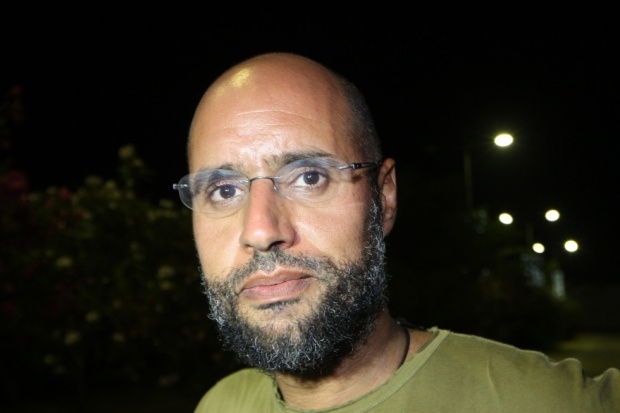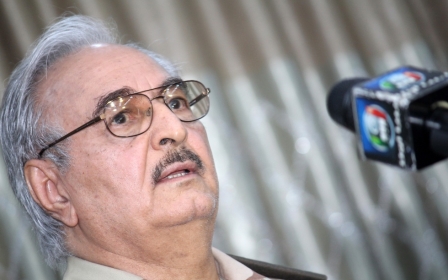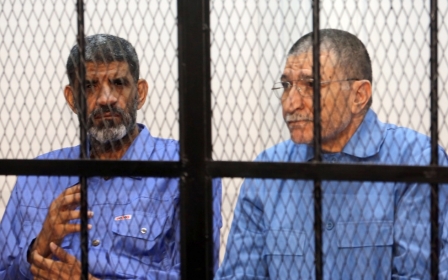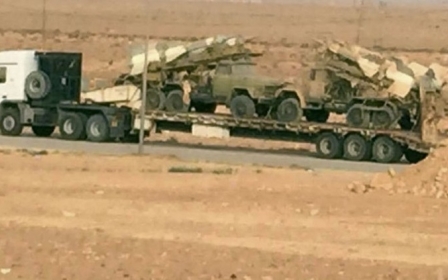ICC turns to Security Council in bid to try Libya's Saif Gaddafi

The International Criminal Court (ICC) on Wednesday referred Libya to the UN Security Council for not handing over Muammar Gaddafi's son Seif al-Islam for trial.
"It is appropriate to make a finding of non-compliance by Libya with the court's requests for cooperation and refer the matter to the Security Council," the court said in a statement.
Seif, 42, is the subject of a legal tug-of-war between Tripoli and the ICC over where he should stand trial on charges of crimes against humanity relating to the bloody repression of the 2011 uprising that toppled and killed his father.
Prosecutors say that as part of his father's "inner circle", Seif "conceived and orchestrated a plan to deter and quell, by all means, the civilian demonstrations against Gaddafi's regime".
A one-time de facto prime minister, Seif was nabbed by rebel fighters in November 2011.
Although he is being held by a Libyan militia in northern hilltop stronghold Zintan rather than by any central authority in the conflict-wracked country, The Hague-based ICC said in May that Tripoli must hand him over.
The ICC said on Wednesday that it "recognised that throughout the proceedings, Libya demonstrated in several respects its commitment to the court and made genuine efforts to maintain a constructive dialogue."
"The chamber also noted the volatile political and security situation in Libya and stated that it was sensitive to the serious difficulties that Libya is currently facing."
The oil-rich North African nation is currently in the midst of a civil conflict pitting rival cities, tribes, militias and parliaments against each other.
The UN Security Council referred the situation in Libya to the ICC in February 2011 amid Gaddafi's repression of the popular uprising against his government at the height of the Arab Spring.
The ICC said its move was not intended "to sanction or criticise Libya but solely to seek the assistance of the Security Council to eliminate the impediments to cooperation."
Libyan authorities have been unable to obtain the transfer of Gaddafi's one-time heir apparent to Tripoli from his prison in Zintan, southwest of the capital.
The court on Wednesday also asked the Security Council to oblige Libyan authorities to hand over documents seized in Zintan from an ICC team that went to meet Seif in June 2012.
The team of four was detained and released in July 2012.
The ICC in July rejected a request from Libyan authorities for more time, saying the failure to hand Seif over or try him was "not contingent on the emerging security situation."
The UN on Monday postponed a new round of peace talks between Libya's warring factions aimed at ending months of violence and political deadlock.
Middle East Eye propose une couverture et une analyse indépendantes et incomparables du Moyen-Orient, de l’Afrique du Nord et d’autres régions du monde. Pour en savoir plus sur la reprise de ce contenu et les frais qui s’appliquent, veuillez remplir ce formulaire [en anglais]. Pour en savoir plus sur MEE, cliquez ici [en anglais].




